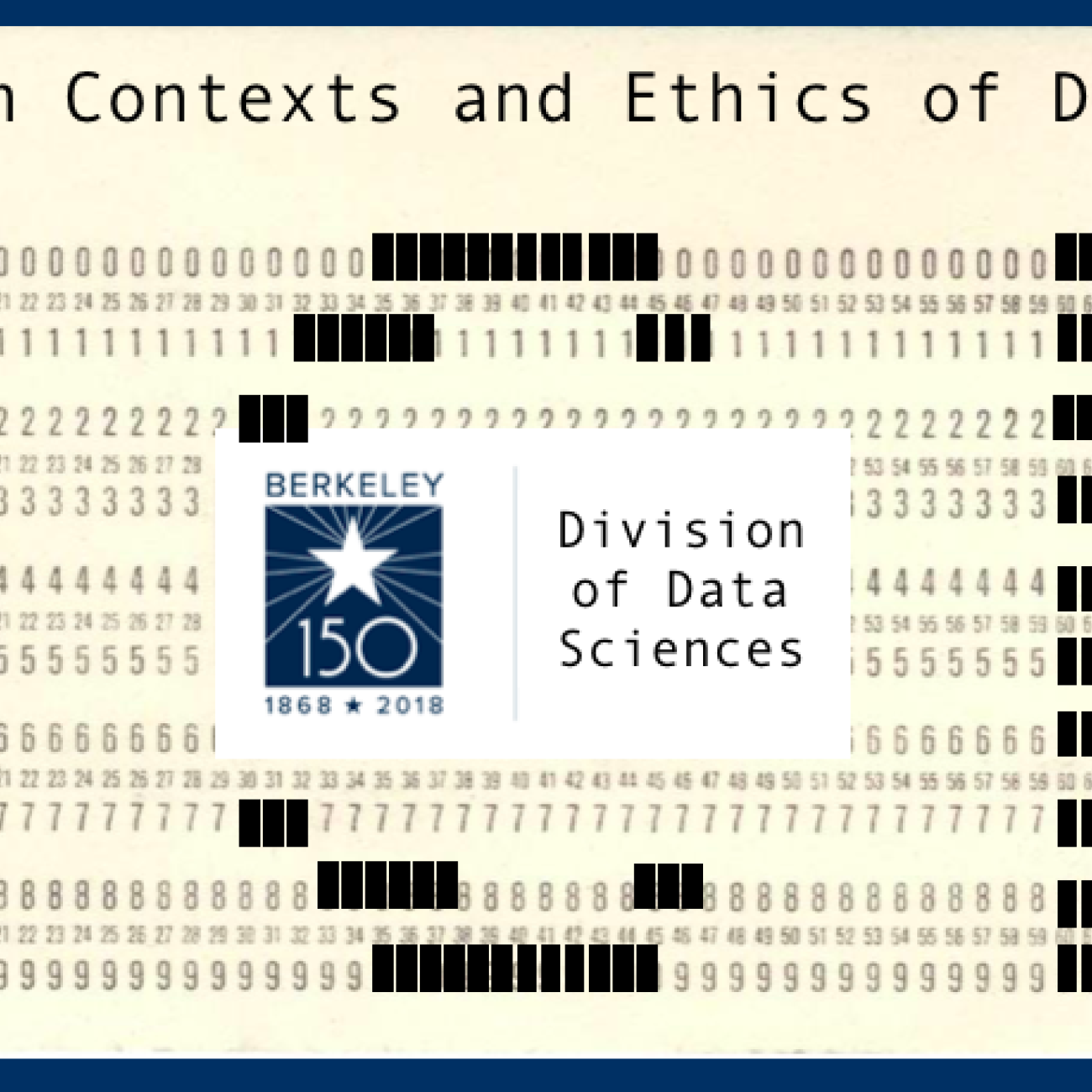Defining Features of HCE
The following principles define how we approach Human Contexts and Ethics (HCE) at UC Berkeley:
Ethics is social, shaped by history, instilled in institutions, and dynamically produced with our technologies.
This definition informs how we teach:
-
We guide students to recognize opportunities for acting in the present by understanding historical dynamics and patterns that have brought us here.
-
We bring to light the societal structures and values of the datafied world, consider the human contexts (individual, institutional, structural) that have shaped them, and recognize how they are reconstituted with technology.
-
We invite students and faculty to wrestle with big questions about life in a world in which data technologies and computing are an inseparable part of our daily lives: What is fairness in this world? What are our values as a society? What are our visions of the good life? What is human agency, and what does responsible action look like in this context?
HCE education is general education — for all.
HCE education is necessary for humanities and social science students as well as for engineers. Humanists and social scientists need to understand the role of data technologies in informing culture, politics, and society today, and be aware of what they bring to these critical discussions. Effective and responsible engineers must know the human contexts of their tools and how they’re applied. We already serve hundreds of students each semester, and we hope that HCE can become a part of the general education of all undergraduates at Berkeley.
HCE is integral to technical education.
Data science majors are required to take at least one course that addresses the human contexts and ethics of data. Many of these courses also serve the requirements of other STEM majors.
HCE education is a collaboration across disciplines.
Learn more about Human Contexts and Ethics here.

